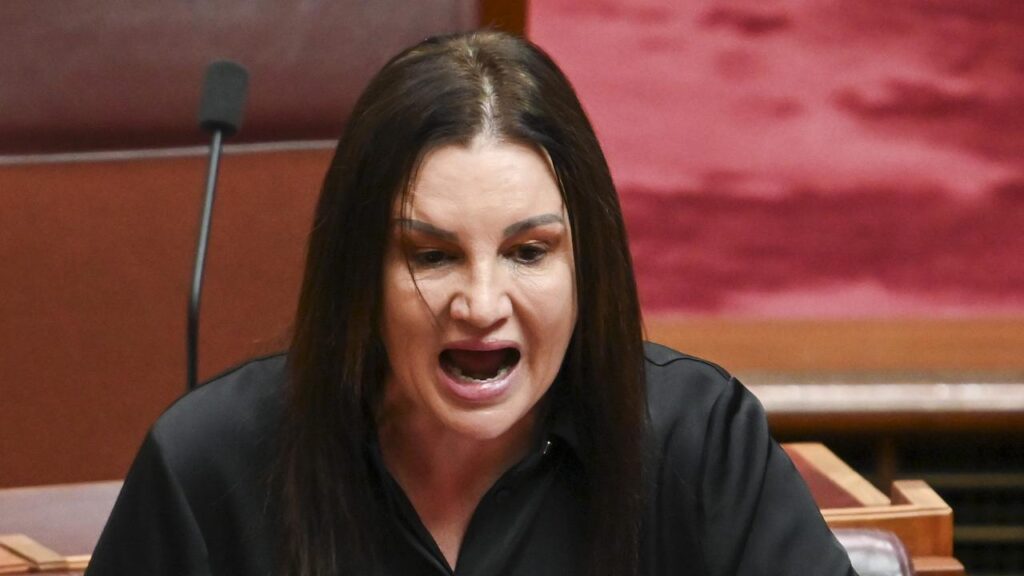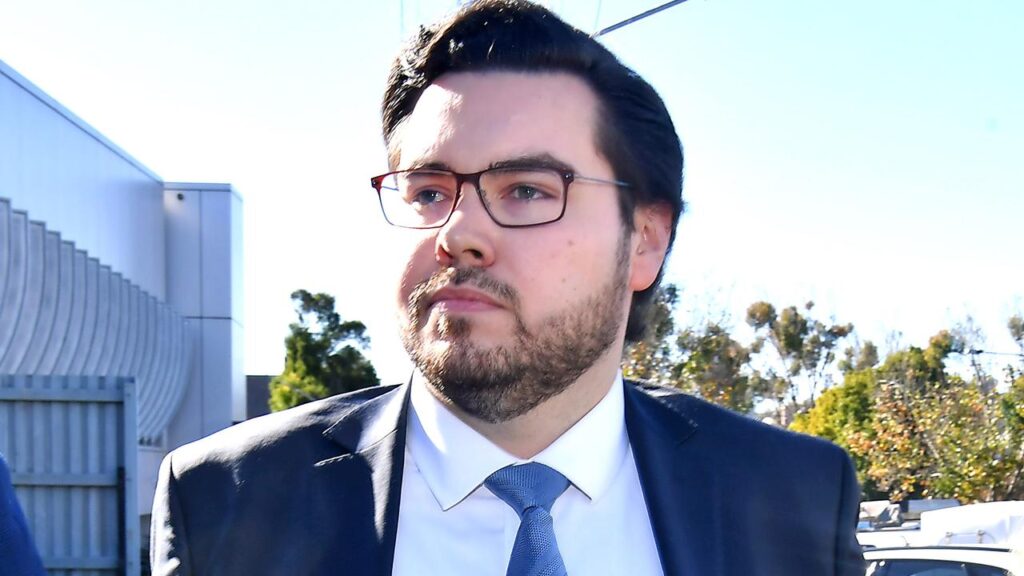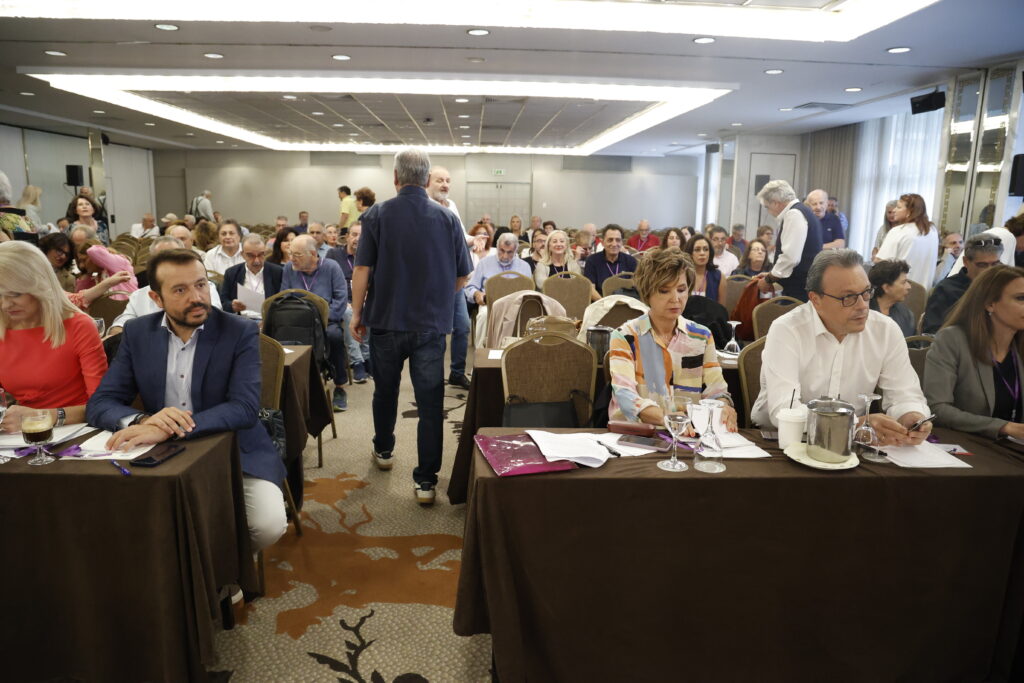Why pub crash driver’s charges dropped
Written by admin on September 22, 2024
The diabetic driver charged after two children and three adults were killed in a horror beer garden crash has had his case thrown out of court after a magistrate ruled the evidence was “so weak”.
William Herbert Swale, 66, had all charges dismissed this week after his lawyers successfully argued his actions were not voluntary because he was in a state of severe hypoglycemia.
The tragedy unfolded at 6.07pm on November 5 last year, when Mr Swale’s car careened down a hill and through an outdoor dining area outside The Royal Daylesford Hotel.
The lives of two families, visiting the country town in Victoria’s spa country, were forever altered as five people were killed and six others injured on the Melbourne Cup long weekend.
Initially rushed to hospital after the crash, Mr Swale was charged with 14 offences following a month-long police investigation.
Prosecutors had alleged the type-1 diabetic, diagnosed three decades ago, knew or ought to have known the risks of getting behind the wheel with low blood sugar.
They accepted he was in a state of severe hypoglycemia at the time of the fatal crash, but pointed to him getting behind the wheel 40 minutes earlier, alleging gross negligence.
After a three-day hearing this week, Magistrate Guillaume Bailin determined the evidence against Mr Swale was so flawed it should not be sent to a higher court for a jury trial.
Instead, he dismissed all charges against Mr Swale.
What the court was told led up to the fatal crash
Mr Swale, a New Zealand-born retiree, had participated in a two-day clay shooting competition in Clunes — About 30 minutes west of Daylesford.
One attendee, called to give evidence, said Mr Swale had told him he was sleeping in his car outside the event.
The event ended about 2pm on November 5, with prosecutors claiming Mr Swale told police he had taken insulin and planned to eat there before driving home to Mount Macedon but couldn’t.
The court was told Mr Swale tested his blood sugar level at 4pm, returning a normal reading of 7.2 mmol/ L, before he left Clunes about 4.50pm.
After arriving in Daylesford, Mr Swale allegedly performed a “manual check” of his blood glucose level, using his phone and a continuous arm monitor, with the reading recording a drop to 2.9 mmol/ L at 5.17pm.
A minute later his phone received its first “dismiss alarm check glucose” alert, the court was told.
Eight more alerts were allegedly received every five minutes.
CCTV from Winespeake cellar and deli captured Mr Swale entering the venue at 5.21pm before leaving about a minute later.
Staff member Martin Hinke told the court Mr Swale had asked for a table but was turned away because the venue was full.
“He asked for a seat, we 100 per cent didn’t have any seats, I told him we were totally full, that was the extent of our conversation,” he said.
Movement data from his phone indicated he had resumed driving at 5.36pm.
Mr Swale’s white BMW SUV was next captured on CCTV at 5.42pm outside the Daylesford Bowls Club where it could be seen driving slowly and stopping in the middle of the road.
The court was told there was no evidence of Mr Swale’s movements beyond this before he missed a turn and crashed into the pub’s outdoor dining — 23 minutes later and just 300m away.
Witnesses on the scene in the immediate aftermath described Mr Swale as non-responsive and drifting in and out of consciousness, the court was told.
Mr Hinke said he left Winespeake after hearing a bang and screaming, observing Mr Swale seated in his car looking “wasted”.
“My recollection is he was quite flushed, his mouth was open and his eyes were closed,” he said.
Paramedic Michael Barker said he found Mr Swale in an “altered conscious state” and pin pricked his finger to test for blood glucose.
“He wasn’t opening his eyes and his verbal response was incomprehensible,” he said.
Mr Baker said his machine returned a reading of less than 1.1 mmol/L, indicating severe hypoglycaemia.
He told the court it placed Mr Swale at risk of coma or death, so he treated him with glycogen and dextrose, bringing him “back to a more normal level”.
Five people; Pratibha Sharma, 44, her daughter Anvi, 9, her husband Jatin Kumar, 30, their friend Vevek Bhati and his Vihann, 11, died following the crash.
What the expert evidence said
Road crash reconstruction expert Dr Janelle Hardiman told the court there was no evidence of braking or steering input before or after the crash.
Dr Hardiman said there was no evidence the seatbelt had been worn.
She agreed this could reflect the driver was in a “deeply impaired state, either unconscious or close to it”.
Luke Jennings, a digital forensic analyst, gave evidence Mr Swale’s phone had been unlocked during the time he was alleged to have received the low blood sugar alerts.
He agreed there was no record Mr Swale interacted with the alerts, only that there was interaction with the phone.
“All I can say for certain is it’s coming through on the phone,” he said.
Two diabetes experts, professor John Carter and Dr Matthew Cohen, who had treated Mr Swale since 1994, confirmed at the time of the crash Mr Swale had “no comprehension” of what he was doing.
But the two experts differed on how far back they could trace his severe hypoglycemic state.
Dr Cohen told the court when a manual blood glucose scan was performed at 5.17pm he believed Mr Swale was likely already impaired cognitively.
He said the evidence showed a “unusually rapid” decline in blood glucose and Mr Swale may not have been able to recognise the warning signs.
Dr Cohen told the court Mr Swale’s actions in the CCTV from Winespeake were consistent with a severe hypoglycemic state, saying diabetic patients can still do automated functions while their brain is severely affected.
Professor Carter, on the other hand, said Mr Swale’s actions in stopping his car, entering the deli and requesting a table, were not consistent with the “generally accepted definition of automatism”.
“It is extremely unlikely that he had severe hypoglycemia at the time,” he said.
But professor Carter said he could not rule out Mr Swale was in a severe hypoglycemic state at about 5.42 when his car was caught on CCTV slowly driving.
“It may well be the case,” he said.
Magistrate rules case is “weak” and should be dismissed
After two days of hearing from witnesses, on Wednesday, Mr Swale’s barrister Dermot Dann KC submitted there was no case to answer and the charges should be dismissed.
He argued the crash was squarely the result of a medical episode and the evidence had failed to demonstrate that Mr Swale’s decision to get behind the wheel was a voluntary act.
“If the prosecution can’t exclude at 5.36pm he’s conscious and voluntary… The prosecution case is left with nothing, nought, zero on this issue,” Mr Dann said.
Prosecutors, led by Jeremy McWilliams, argued there were differences between the two medical experts’ opinions and this should be left for a jury to determine.
Mr McWilliams said Mr Swale had three decades of experience living with diabetes and was “well aware” of the risks and recognising his own symptoms.
He argued it was open to infer Mr Swale knew about his low blood sugar and entered the Winespeake deli intending to eat to rectify this.
Handing down his judgement the following day, Magistrate Bailin said it was only a narrow legal issue he had been asked to determine — could a reasonable jury find there was evidence Mr Swale consciously and voluntarily began driving again at 5.36pm.
He found the prosecution had not been able to disprove Mr Swale was suffering a severe hypoglycemic attack at the time he got back behind the wheel.
“It is reasonably possible the accused was suffering a severe hypoglycemic event; the result of which means his actions in driving from 5.36pm onwards were not voluntary,” he said.
“The evidence is so weak that the prospects of convictions are minimal.
“This is a case where there is a hypothesis consistent with innocence that so fundamentally weakens the case.”
Mr Bailin said the prosecution had not challenged the medical experts on their evidence, and there was “no hypothesis consistent for guilt” given how the case was framed.
He dismissed all charges against Mr Swale and he walked out of court on Thursday afternoon a free man.
Outside of court, defence lawyer Martin Amad told media his client welcomes the decision but remains deeply distressed about the accident.
“He has asked me, again, to express his deepest sympathy to the family and friends of the deceased, to those injured, to their family and friends, and to the wider community, especially those in Daylesford,” he said.
Victoria’s Office of Public Prosecutions, on Friday, said they would “carefully review” Mr Bailin’s decision before deciding if they should take further action.
“The Office of Public Prosecutions acknowledges the decision of Magistrate Guillaume Bailin not to commit Mr William Swale for trial over the tragic crash in Daylesford last year,” A spokeswoman said.
“As is the usual course, His Honour’s decision will be carefully reviewed in accordance with prosecution guidelines with a view to considering whether the matter should nonetheless proceed to trial.”







